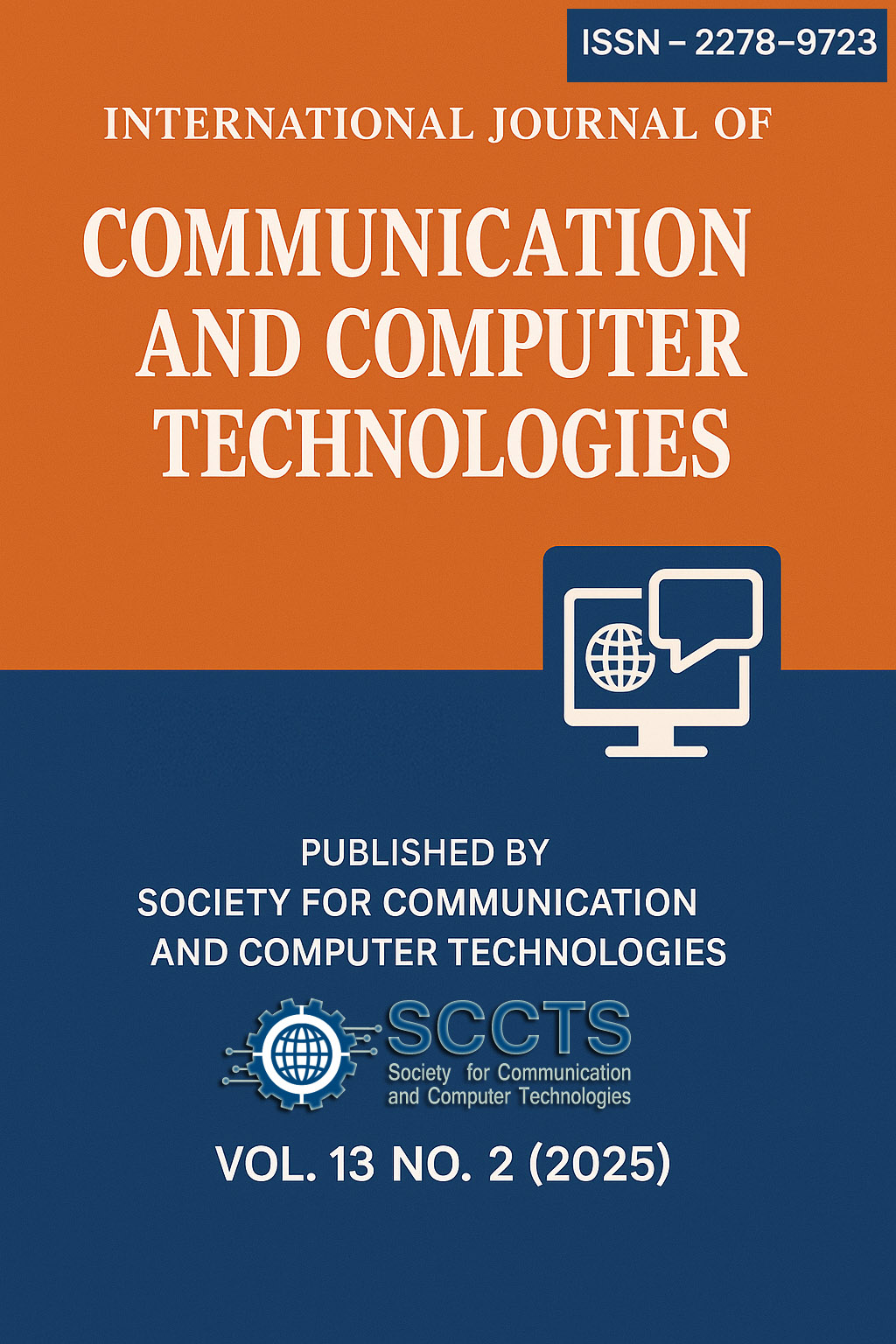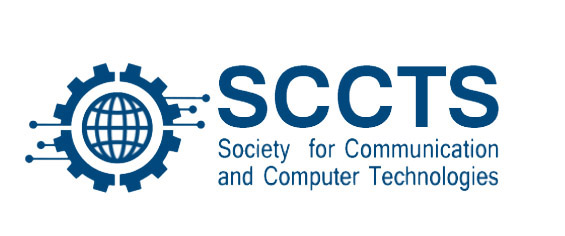A CRYPT ANALYSIS OF THE TINY ENCRYPTION ALGORITHM IN KEY GENERATION
Keywords:
Data Encryption Standard, Cryptography, TEA (Tiny Encryption Algorithm), XTEA (Extension of Tiny Encryption Algorithm), cryptographic system, RC2, Blowfish, and AESAbstract
Encryption algorithms are used for security over wireless communications, but securing data also consumes resources. Major important factors to consider when designing a cryptographic system are performance, speed, size, and security. Tiny Encryption Algorithm (TEA), and the Extension of TEA (XTEA) are examples of cryptographic algorithms. There is a requirement to specify cryptographic strength in an objective manner rather than describing it using subjective descriptors such as weak, strong, acceptable etc. This paper proposes the Study on a Tiny Encryption Algorithm. The Tiny Encryption Algorithm (TEA) is a cryptographic algorithm designed to minimize memory footprint and maximize speed. It is a Feistel type cipher that uses operations from mixed (orthogonal) algebraic groups. In this Paper, we propose Tiny Encryption Algorithm (TEA) to some standard for random number generator tests.
Downloads
Published
How to Cite
Issue
Section
License
Copyright (c) 2023 International Journal of communication and computer Technologies

This work is licensed under a Creative Commons Attribution-NonCommercial-ShareAlike 4.0 International License.




 The articles in Worldwide Medicine are open access articles licensed under the terms of the
The articles in Worldwide Medicine are open access articles licensed under the terms of the 